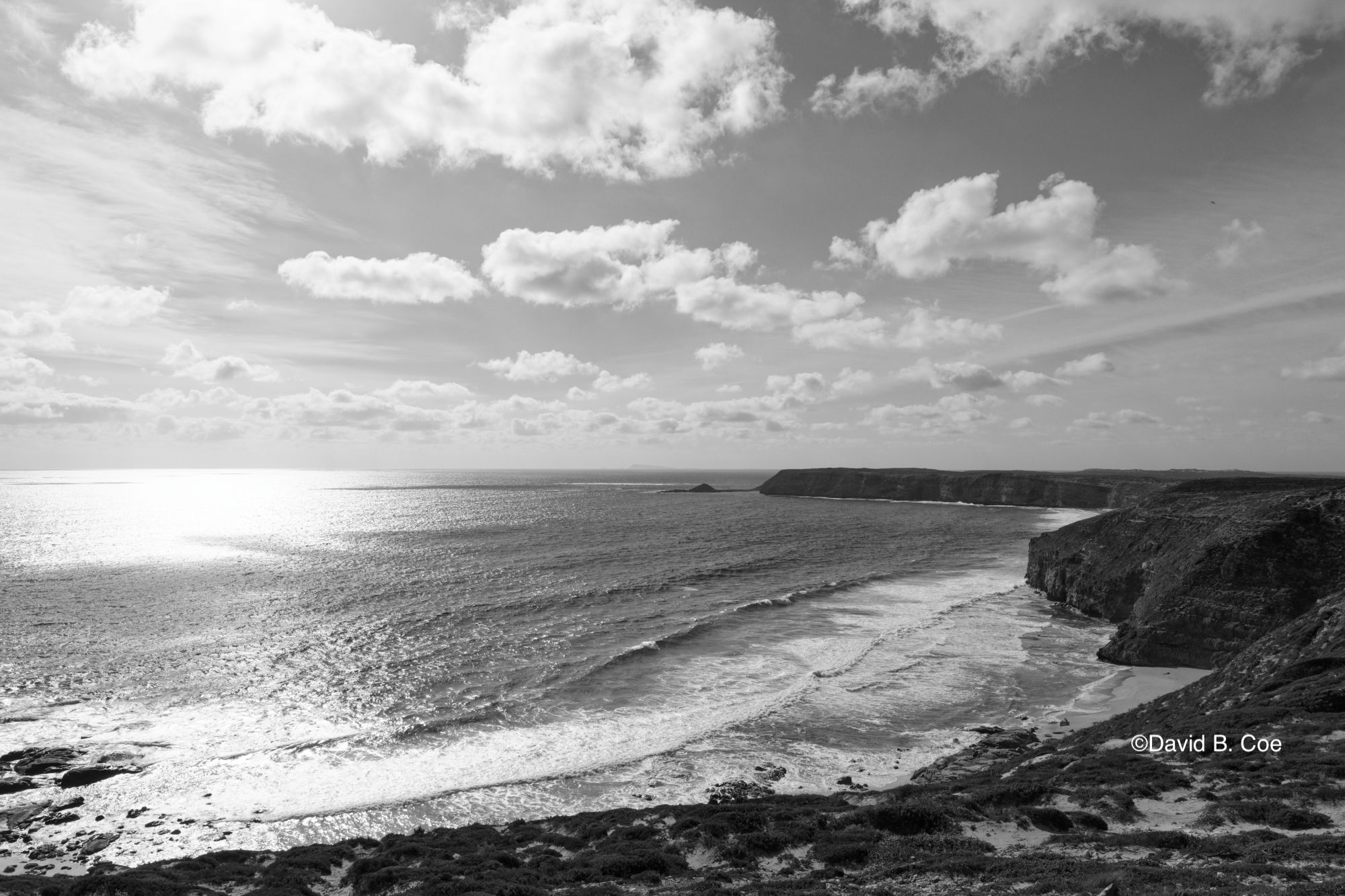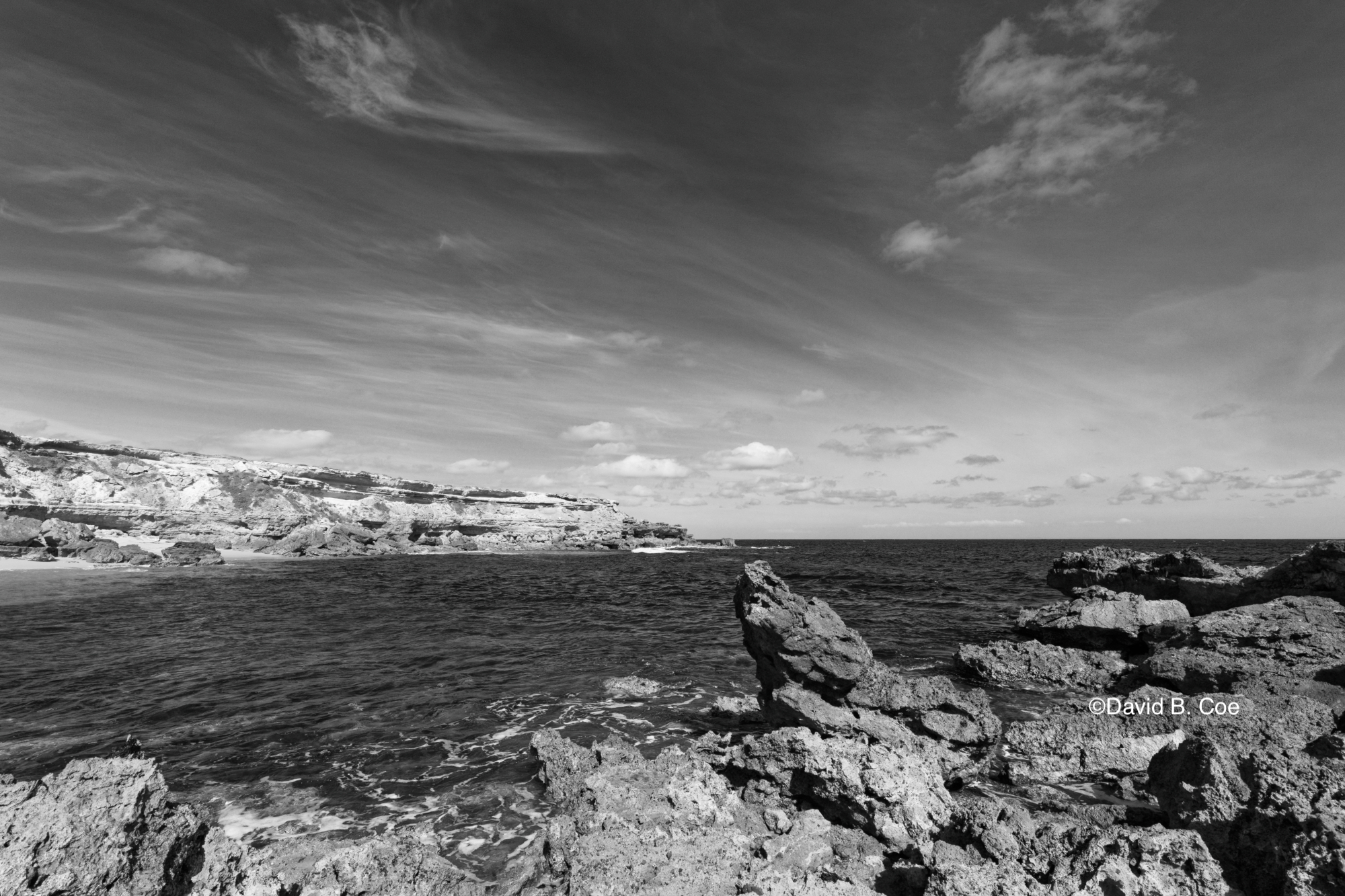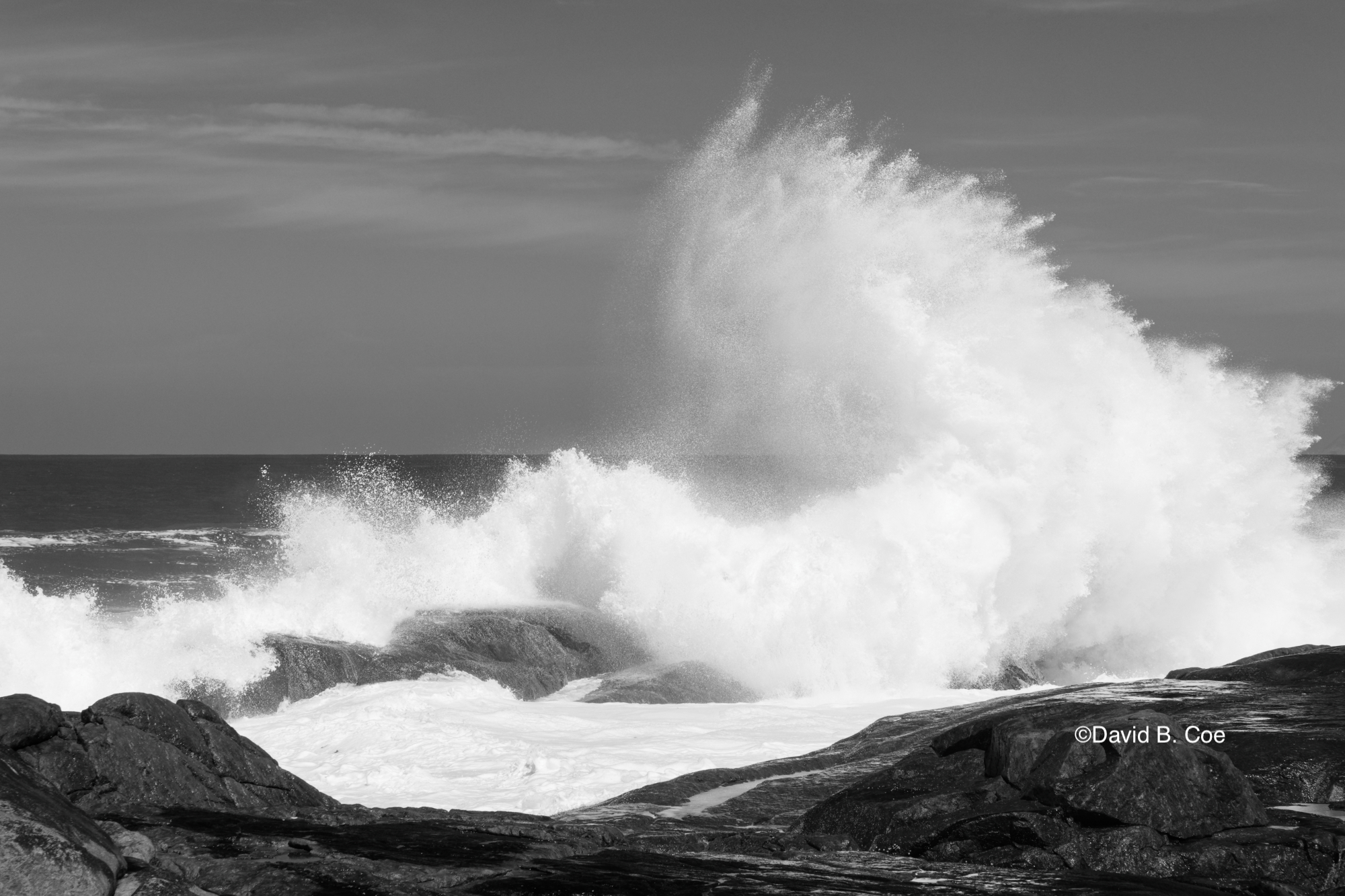For all of January, I have been writing about “what matters” and what doesn’t. I’ve written about this in terms of our personal lives and our professional ones. And I fear I have left readers with the impression that, in my opinion, all they do should be geared toward those things we decide do matter, that when it comes to allocating our personal time, our emotional energy, our intellectual focus, “what matters?” should guide all of our choices.
Nothing could be further from the truth.
“What matters?” is, I believe, a useful question to ask ourselves. I remember back when I was in college, sitting on the green of Brown’s campus, talking to a friend, and thinking to myself, “I really have a shit-ton of work to do. Should I be here, or should I be in the library?” And yes, there were times when I realized the conversation I was having didn’t rate in terms of importance. In those moments, I confessed to having a lot to do, and went off to my lonely carrel in the library. At other times, though, I recall answering that silent question differently, certain that the conversation I was having mattered more than work did at the given moment. The work would get done, I knew. My friend needed me. Or I needed them.
And in the same vein, I know beyond doubt that sometimes the things that matter are, in fact, the things of little or no importance. An oxymoron? Maybe. But you know I’m right.
Yes, family and friends matter. Work matters. We should make time for those pursuits that enrich our lives and feed our souls or our bodies: photography, music, gardening, knitting, exercising, hiking, birdwatching, reading, dancing, attending theater or movies or concerts. We all have our interests and passions.
But we can also find value and entertainment and even peace is less lofty activities. Sometimes what we need is an hour or two of mindless television, or a good game (baseball, football, basketball, soccer, hockey, whatever) to watch and cheer. Sometimes spending a half hour absorbed in a ridiculous video game is just the thing to clear our thoughts.
If we spend every minute of every day worrying about what matters and doing the things that are most important, we will burn ourselves out. At no time in the past several weeks, as I have written about the things that matter, have I meant to imply otherwise. As in all endeavors, we must find balance. I work daily. I devote time to my family, marriage, my parenting. I try to do the things I love, to make good use of as much of my time as I can. But I also know that some of that “good use” can be put to silly, meaningless stuff that I enjoy.
I have games on my phone that I play daily. (No, I won’t tell you which ones. That would be embarrassing . . . .) I listen to music, not because it enriches me (though it often does) but because it’s fun. Nancy and I have shows we love to watch, and yes, part of the joy lies in watching together. But part of the joy is also just losing ourselves in storylines that are amusing, or suspenseful, or exciting, or even trashy. (Looking at you, creators of The Crown . . . .) I love watching sports on television. Baseball, soccer, basketball — I can lose myself in a good game even if I don’t care too much about either team. I like watching golf, too, mostly because it takes me back to my youth, when I watched with my dad and he taught me all he knew about the game.
Early on in this series of posts, I wrote about managing our days, and looking for ways to maximize the time we spend on those things we deem important. I don’t mean to contradict that earlier post. I mean merely to counter it with a simple reality: We can’t allocate every moment to weighty endeavors. Life demands that we slow down now and then and give ourselves a break, whatever that might mean.
And so, as I wind down my series of “What matters?” posts, I urge you to ask the question when it seems appropriate, but also to give yourself a break now and again. Being directed is great. And on occasion, so is being frivolous. Because ultimately, what matters is that we’re well and whole.
Wishing you all the best, and a very fine week to come.









 As many of you know, my first series, the LonTobyn Chronicle, had as its narrative core, a magic system in which mages formed psychic, magical bonds with birds of prey: hawks, owls, eagles. To this day, fans of the series mention those relationships between mages and their avian familiars, as the element of the books they enjoyed most.
As many of you know, my first series, the LonTobyn Chronicle, had as its narrative core, a magic system in which mages formed psychic, magical bonds with birds of prey: hawks, owls, eagles. To this day, fans of the series mention those relationships between mages and their avian familiars, as the element of the books they enjoyed most.

